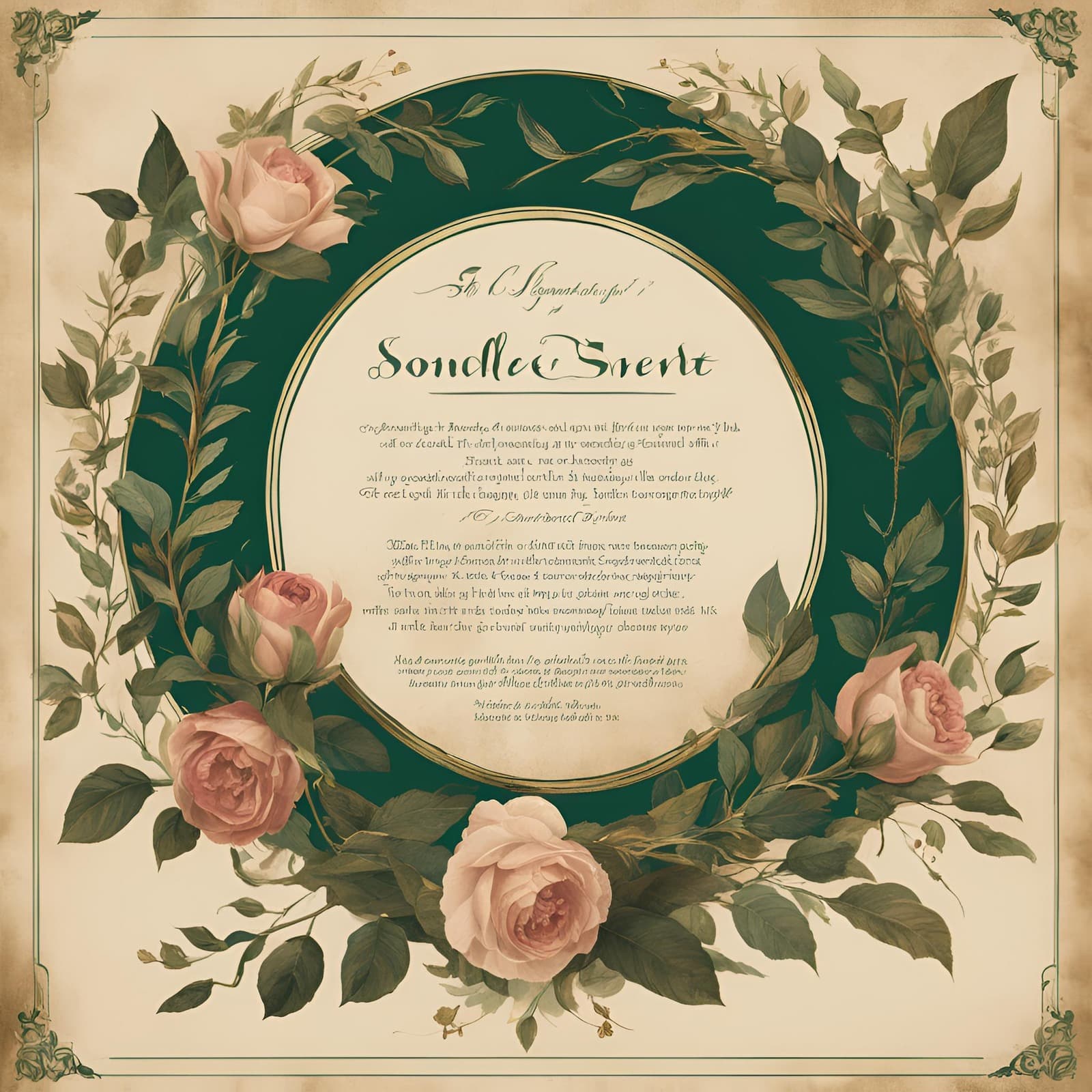莎士比亚十四行诗第113首 | 莎士比亚十四行诗
更新时间:1/19/2025, 12:32:32 PM

原文
Since I left you, mine eye is in my mind, And that which governs me to go about Doth part his function and is partly blind, Seems seeing, but effectually is out; For it no form delivers to the heart Of bird, of flow’r, or shape, which it doth latch. Of his quick objects hath the mind no part, Nor his own vision holds what it doth catch; For if it see the rud’st or gentlest sight, The most sweet favor or deformed’st creature, The mountain, or the sea, the day, or night, The crow, or dove, it shapes them to your feature. Incapable of more, replete with you, My most true mind thus maketh mine eye untrue.
译文
离开你以后,我眼睛住在我心间;
于是这一双向导我走路的器官
放弃了自己的职责,瞎了一半,
它好像在看,其实什么也不见;
我的眼睛不给心传达眼睛能
认出的花儿鸟儿的状貌和形体;
眼前闪过的千姿万态,心没份,
目光也不能保住逮到的东西;
只要一见到粗莽或旖旎的景色,
一见到迷人的面容,丑陋的人形,
一见到山海,日夜,乌鸦或白鸽,
眼睛把这些全变成你的面影。
心中满是你,别的没法再增加,
我的真心就使得我眼睛虚假。
注释
诗人说,自从他(诗人)离开爱友之后,他日夜思念爱友,以致他的眼睛什么也看不见,而只见到爱友的形状了。因此,他对爱友的专注的心使他的眼睛看不真实了。——第一行:参照第47首第七行。第二行:“向导我走路的器官”指眼睛。第一至四行:诗人与爱友分别后,诗人的眼睛中全是爱友的影子,这无异于说眼睛放弃了把它接受来的形象忠实地传达给大脑(心)的职责。第五、六行:眼睛只见到爱友的影子,因而不能把它所接触到的形象传达给心。第八行:眼睛连自己所看到的东西也不能久留,其原因见第九至十二行。